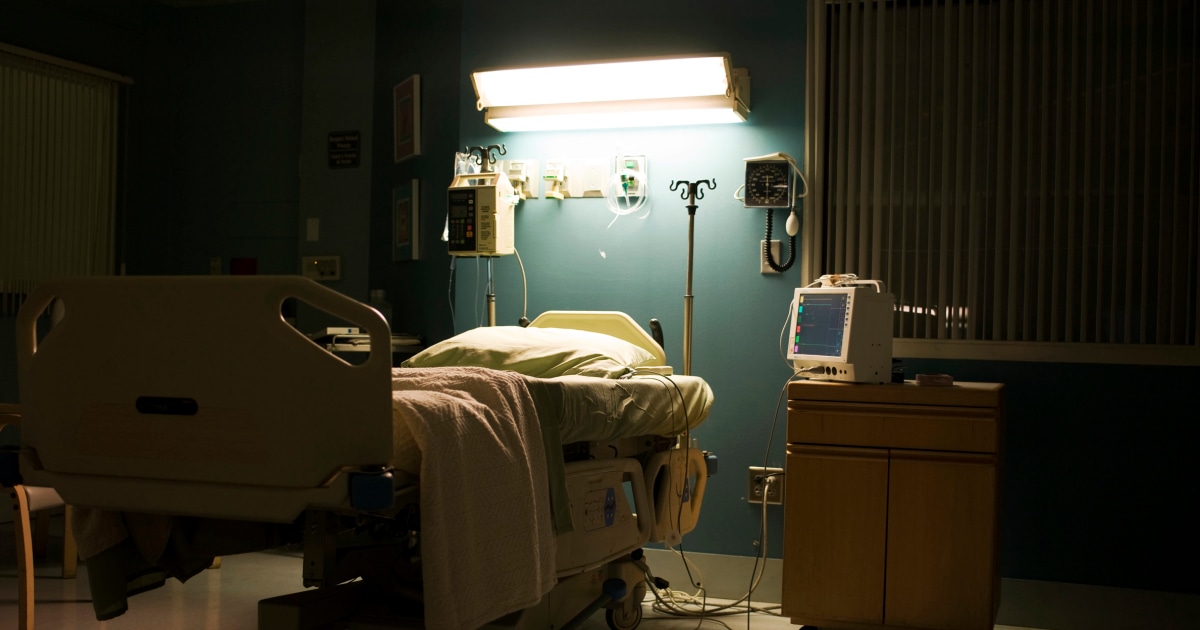Previous studies say patients of private-equity-owned health care entities pay higher costs, experience reduced staffing levels and have higher death rates in nursing homes.
Patients receiving care at hospitals owned by private-equity firms experience more bloodstream and surgical site infections and they fall more often, a new study by academics at Harvard University and the University of Chicago has found.
The research, published Tuesday in the Journal of the American Medical Association, comes after previous studies that have asserted patients of private-equity-owned health care entities pay higher costs, experience reduced staffing levels and, in the case of nursing homes, have higher death rates.
The new study is by Dr. Sneha Kannan and Dr. Zirui Song, both of Harvard, and Joseph Dov Bruch of the University of Chicago. It focused on patients’ health outcomes in private-equity-owned hospitals, an area, the academics said, where research has been scant. Private-equity firms have bought out more than 200 hospitals from non-private-equity owners, the study noted. In addition, as NBC News has previously reported, an estimated 40% of hospital emergency departments across the country are managed by private-equity-backed staffing companies.
As soon as my facility went from not-for-profit to privately owned they cut our staffing by around 15% and started aggressively increasing intakes.
Shocker, quality of care dropped.
We need public hospitals back in the United States. There are some things that only make sense being collectively owned
such as anything that affects the public
First do no harm…
Unless you can get moar profits that way, then do that instead.
- shareholders, not even knowing or caring that the business is a hospital
(I very much wish I could put a /s in this message, but sadly, I cannot, it seems)
Doctors aren’t the ones making the decisions about staffing and care anymore when a private equity firm buys out a hospital.
Probably why they attributed their scenario to shareholders and not doctors.
Shareholders wouldn’t start with “First do no harm…”
Shareholders also wouldn’t say anything else in that statement. It’s made up for the internet to make a point.
In other news, water is wet. More at 11.
gee, it turns out when you prioritize profit over _____, the quality of ______ suffers! who could have guessed?
🫶🏽 you microwave.
Edit: disregard my thoughts on formulary.
This article is about the increase in surgical site and bloodstream infections. Meaning that they cut hours from the antibiotic stewardship teams. I hope this article leads to many changes in privately owned hospitals.
What I always thought was weird was formulary.
It is acceptable to give a patient a different medication than the ones they take at home, if we do not have that medication in the hospital formulary.
Technically this makes 0 difference other than the fact that it’s a different molecule, its purpose has to be the same one.
I wonder if this is one of the reasons that quality of care drops?
Once the hospital privatizes it becomes crucial for management to save money wherever they can, preventing new cutting edge medications from being used and going back to the cheaper, yet tried and true, medication.
It shouldn’t cause any difference. But I wonder.








